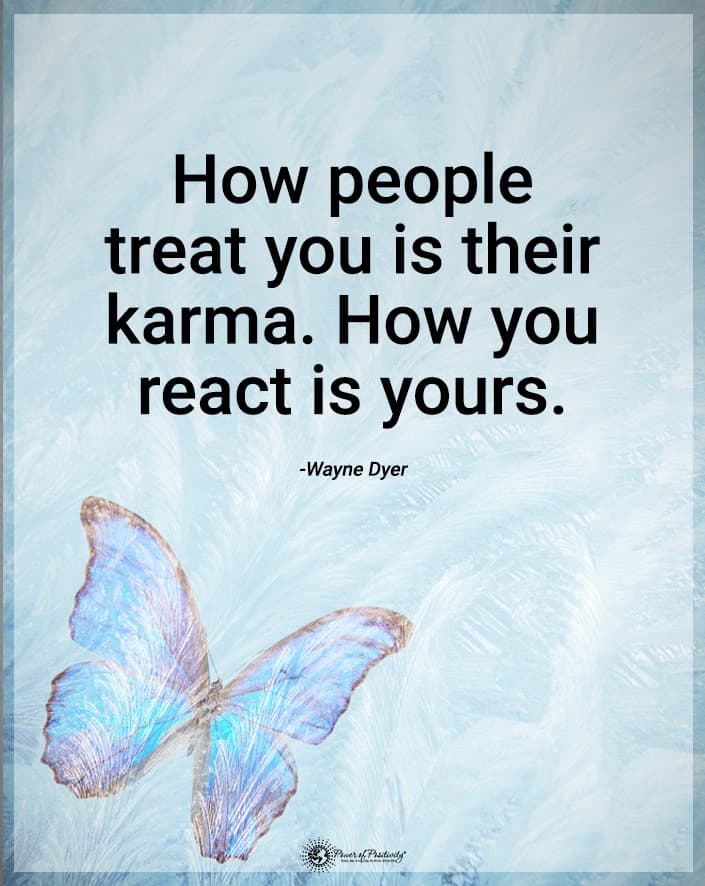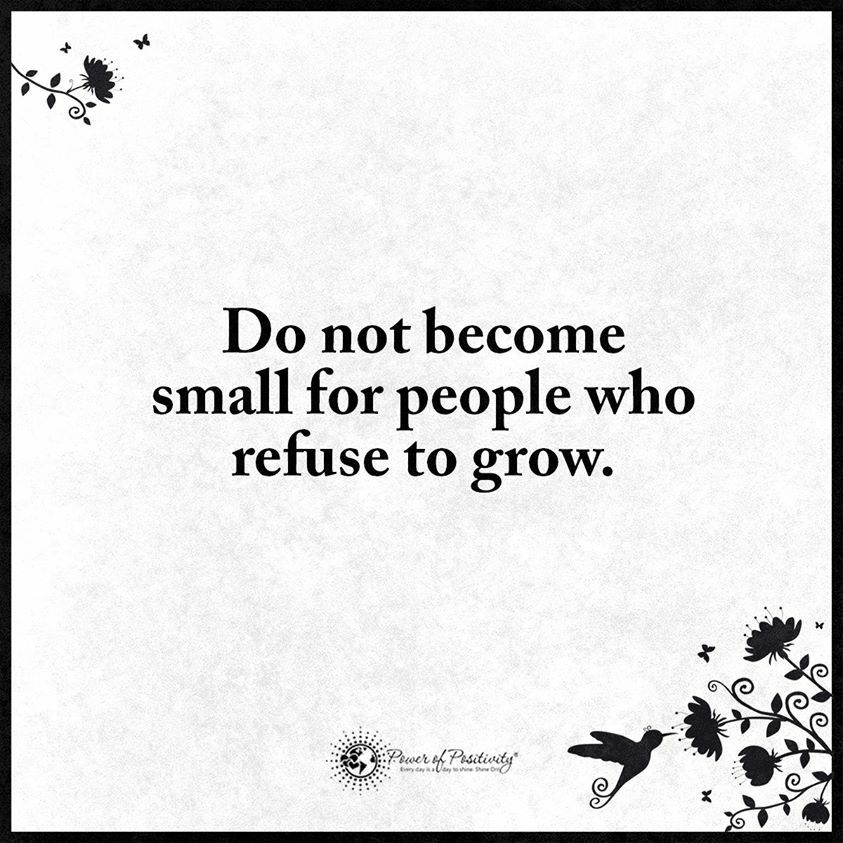“A true friend freely advises justly, assists readily, adventures boldly, takes all patiently, defends courageously, and continues a friend unchangeably.” – William Penn
Friends come and go, don’t they? We learn this somewhat early in life, when the kid next door moves, joins another clique or gets into a fight with you (hopefully not). This trend continues as we transition into college and/or join the working ranks.
Then we have the “best friend” (aka ‘BFF’) or “homegirl”/”homeboy”… those peeps that you just “click” with. It’s difficult to describe this connection; it’s just “chemistry”. There’s something between the two of you that just vibes. Then they move away, switch jobs, or just stop showing up at your place. Who knows? One minute they’re there…next minute they aren’t. Whadda ya gonna do?
Then you have the true friend – no quotations, acronyms or footnotes. You meet, become friends, hang out, etc. But there’s something quite different in this relationship. Yes, there is chemistry and “vibe.” What’s almost as important is that there is not – drama, gossip, or pretentiousness. They may also move away or whatnot, but you receive a call, text, or email asking how you’re doing and if you want to hang out (“Well, this is new!” you may think).
And so on.
Lifelong friendships are a gift, truly. They don’t happen very often; for some people not at all. Want to know how rare these types of friendships are? Consider that most American adults have just two true confidants. No…bar and golf buddies don’t count guys.
“Lifelong friends not only know the person you are, but the person you were.” says Dr. Irene Levine, creator of The Friendship Blog. “Having that shared history makes it easier to communicate in shorthand. They understand your roots and may have been witness to other important people and events in your life.”
Here are 7 signs you’ve made a friend for life.
1. You make time for each other.
Despite of the stressful situations in life – work, family, finances, etc. – you seem to be able to make time for one another. Understandably, this time may no longer consist of hanging at a local pub until 2 a.m., however lifelong friendships last because of the willingness to initiate contact and be responsive.
When you have multiple commitments, it’s difficult enough to get any time – alone, with friends or otherwise. Therefore, it’s important to plan. Set a day during the week or month where you text, email or (better yet) call your closest friends. If and when feasible, plan a night or weekend away.
2. You’re not afraid to give each other some tough love.
Telling someone what they want to hear is stress-free. Telling someone what they need to hear is much more difficult, which is why it’s important that your closest friends do so.
Now, tough love comes easier to men than it does women. Part of this is because there is a certain boldness (false or not) that comes along with being a man. Not to say this is easy for men, but they can usually swallow up that anxiety and say what needs to be said.
Women are generally more sensitive and understanding, which makes it a tad more difficult. However, your closest friends are different. They understand you and you understand them. Part of this understanding is unconditional love, and unconditional love sometimes requires some tough love.
3. You keep each other laughing.
Going back to that chemistry thing. It turns out that sharing gut-busting sessions together actually causes chemical changes in your brain that strengthen the emotional connection.
According to evolutionary psychologist Dr. Robin Dunbar, social laughter is an essential part of becoming closer. It contributes to group bonding and may have been an important element in the evolution of highly social animals.
So while you and your lifelong chum laugh while watching “Anchorman” for the 20th time, you can feel good about it bringing you closer together.
4. You’re both there in tough situations.
Here may be the best sign that you’ve acquired a lifelong friend – you’re in a tough spot and they’re there without hesitation. They don’t care what it is, where you are, or how you got there; all they want know is that you are okay.
People show their true character when situations get tough. Your friends are no different. It really is quite simple – if a friend shows true character, they’re lifelong friend material. A true friend doesn’t leave you in a time of need.
5. You embrace each other’s quirks.
We all have different personalities and different oddities. While you may not want these weird traits to be made public, your closest friends may know about them. In fact, they probably already do. They probably love you more for them…it’s what makes you, well, you.
A great trait to have in a lifelong friend is one of non-judgment. Just as a close family does not harshly judge each other, your “brotha’/sista’ from another motha’/mista’” doesn’t either. These little idiosyncrasies are welcomed as opportunities to know and understand you even better.
So go ahead and snort while you laugh, they already know about it.
6. You’re both adaptable in your friendship.
Adaptability is an important attribute to have in a lifelong friend, simply because life is unpredictable. One of you moves, gets married, has kids, etc. Lifelong friends understand that circumstances in life change and adapt their friendship accordingly.
One great aspect of technology is that it can allow us to connect with each other (Yes, it can also create the opposite effect, but that’s for another time). Facebook, webcams, text messaging…these have made it possible to have a good friend available at the tap of a finger. Use these tools to keep in touch.
7. You live with them in your being.
We strongly believe that our interconnectedness goes far beyond physical presence. The memory, presence, and spirit of that person reside within you, forever keeping the feeling of interconnectedness strong.
When that person resides strongly in your being, you know that they are indeed a lifelong friend. Continue to cultivate that friendship and demonstrate your love and appreciation for one another whenever possible.
Have you made a friend for life? Tag them in the comments below!















